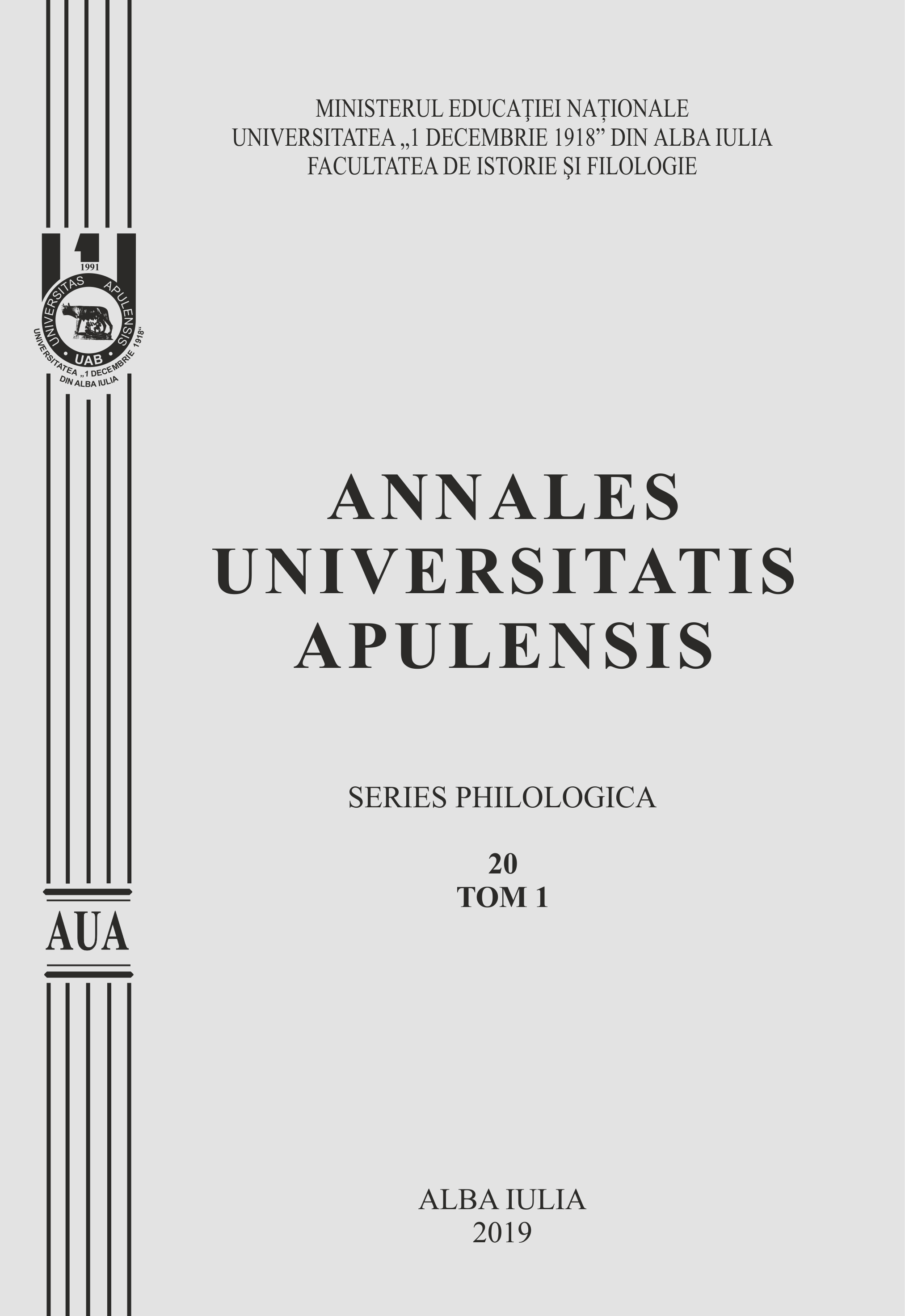LE FRANÇAIS ET LE ROUMAIN DANS LE CONTEXTE «GASTRONOMIE – CUISINE». ÉTUDE COMPARATISTE À VISÉE DIDACTIQUE
FRENCH AND ROMANIAN IN «GASTRONOMY – CUISINE» CONTEXT. COMPARATIVE STUDY WITH ATEACHING METHODOLOGY ORIENTATION
Author(s): Aura Celestina CibianSubject(s): Language and Literature Studies, Foreign languages learning, Applied Linguistics, Language acquisition, Cognitive linguistics
Published by: Universitatea »1 Decembrie 1918« Alba Iulia
Keywords: teaching FFL, French-Romanian approach; language in social contexts; gastronomy-cuisine; grammar; translation and communication;
Summary/Abstract: By this article, we wish to highlight the diversity of practical activities and the many acquisitions that can be made by studying French and Romanian in the context of «gastronomy – cuisine». From the standard communication pattern used in the presentation of recipes (ingredients and method), to spontaneous patterns (written and oral ones), FFLlearners have the opportunity to: acquire lexicon and practice the pronunciation of words and numbers (designating here quantities, durations, dimensions, frequencies), recognize the different parts of speech and understand their actualization, correctly fix the lexical, morpho-syntactic features of each language using parallel corpora, understand the grammar progression logic«from words to discourses», express themselves on various topics of«gastronomy – cuisine»,orally present recipes and last but not least,to translate the source materialinto the target language. The Project-based learning we present in our study brings together elements of the old prescriptive traditions based on language learning from the normative point of view with elements of the current perspectives of active and inquiry-based learning. This Project-based learning is a comprehensive perspective focused on teaching by engaging students in investigation. Students pursue solutions by asking and refining questions, debating ideas, making predictions, designing plans and/or experiments, collecting and analyzing data, drawing conclusions, communicating their ideas and findings to others. We also took into consideration one of the most significant conclusions of nowadayresearchers teaching French as a Foreign Language: the importance of finding in the languages learning process a common ground for the linguistic representations conveyed in society, specialized institutions (such as the Ministry of Education), textbooks, scholarly speeches and those of teachers and learners.
Journal: Annales Universitatis Apulensis. Series Philologica
- Issue Year: 20/2019
- Issue No: 1
- Page Range: 181-192
- Page Count: 12
- Language: French

